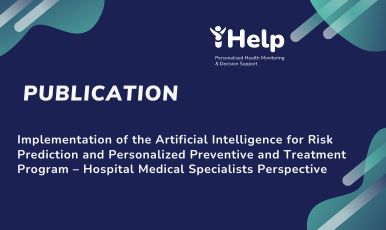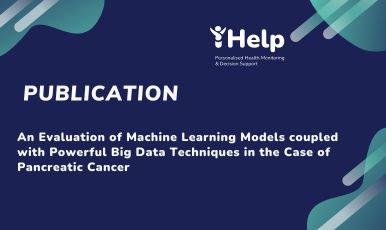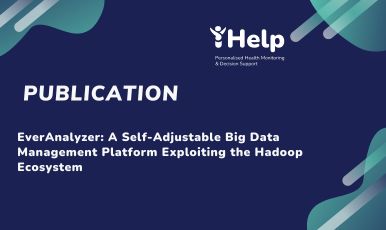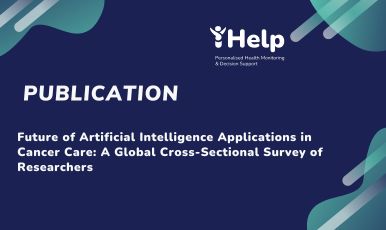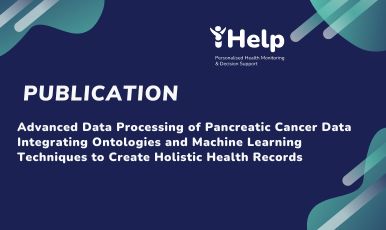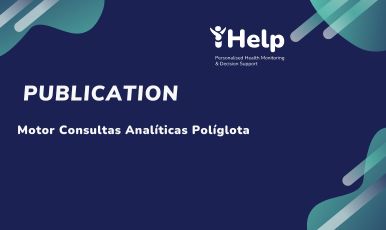SOURCE: 2023 International Conference on Applied Mathematics & Computer Science (ICAMCS); Publisher: IEEE, Published: 20 February 2024
Implementation of the Artificial Intelligence for Risk Prediction and Personalized Preventive and Treatment Program – Hospital Medical Specialists Perspective
Abstract
During the last decade Information Communication Technologies (ICT), Machine Learning (ML), and Deep Learning have expanded their implementation in the modern healthcare domain. ICT and Artificial Intelligence (AI) are already supporting medical specialists in the prediction, monitoring, and follow-up of patients with various diseases. AI identification and triage of the patients at risk of development of socially significant (cardiovascular, metabolic, or malignant) diseases are highly appreciated by the medics. The objective of this study was to analyze how medical specialists, working at hospitals in the Plovdiv region, perceive the implementation of AI platforms into socially significant diseases towards the introduction of improved prediction, prevention, treatment, and monitoring strategies. A survey, implemented in the context of the iHELP project, among 95 medical specialists working at different hospitals in the Plovdiv region was conducted by the Medical University of Plovdiv team between January and March 2022. A Likert 5-scale questionnaire was developed to evaluate how the medical specialists perceive the capabilities of the ICT to enhance and assist their practice. Almost 70% (from 63.40% to 76.80%) of the respondents express a positive attitude toward the ICT and AI capabilities to enhance their capacities to diagnose and treatment of their patients. These positive answers differ in the level of confidence – only 33% (from 27.4% to 38.9%) declared their strong agreement with the research statements. The survey results are examined, and the contribution of the iHELP project to boosting the complete confidence and acceptance of ICT and AI implementation among hospital medical specialists are both presented and discussed.

